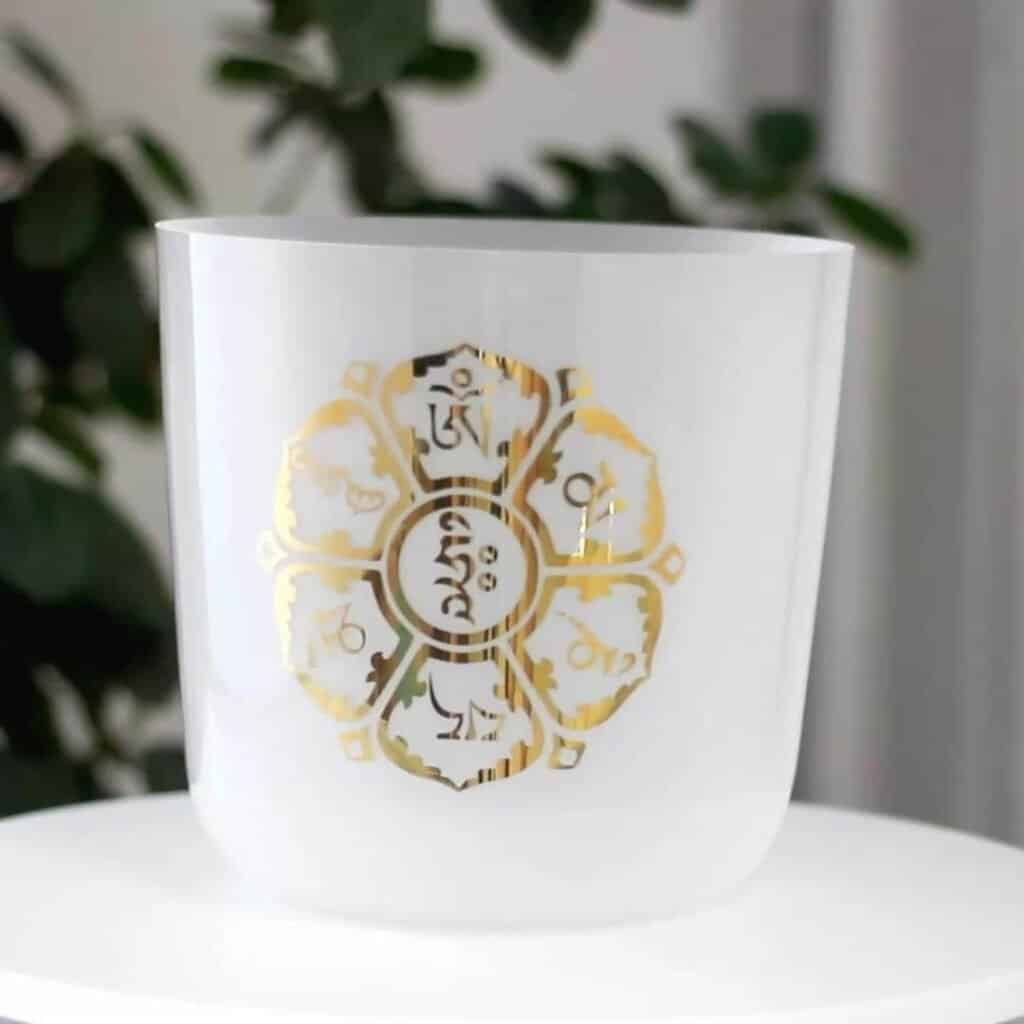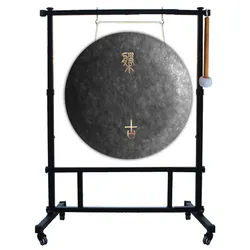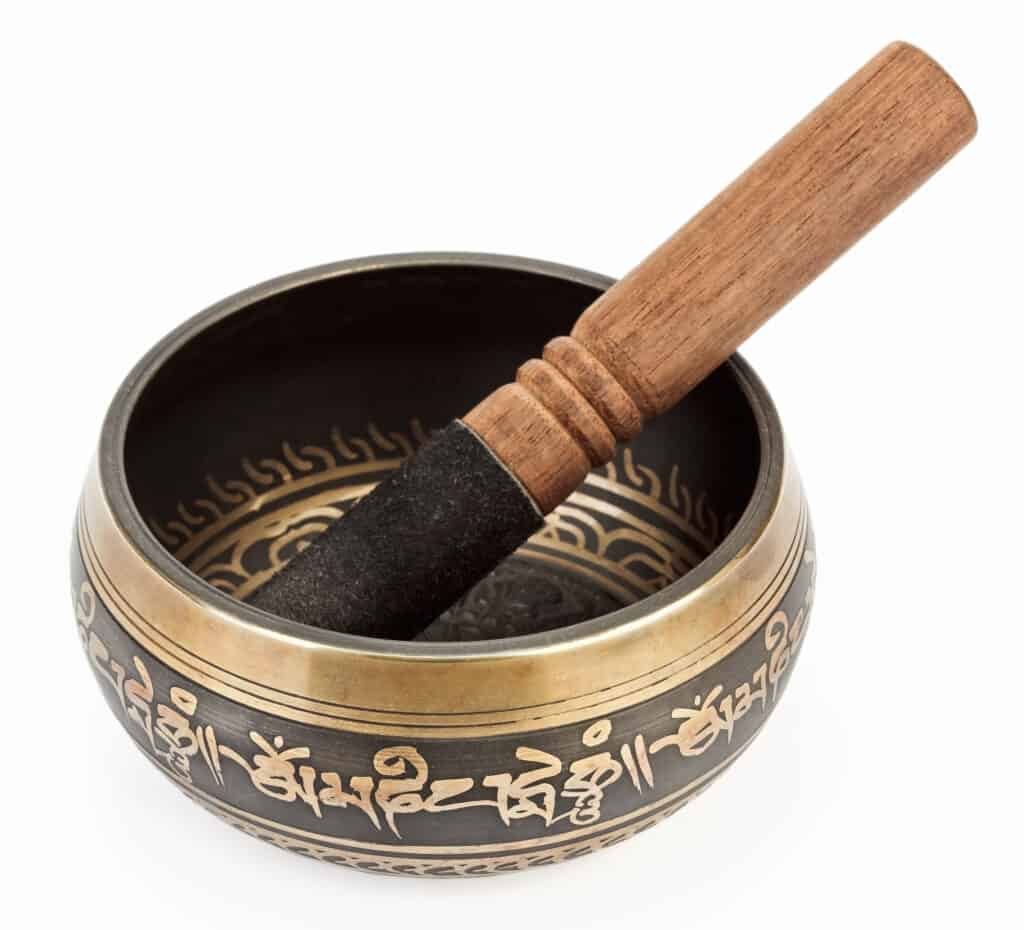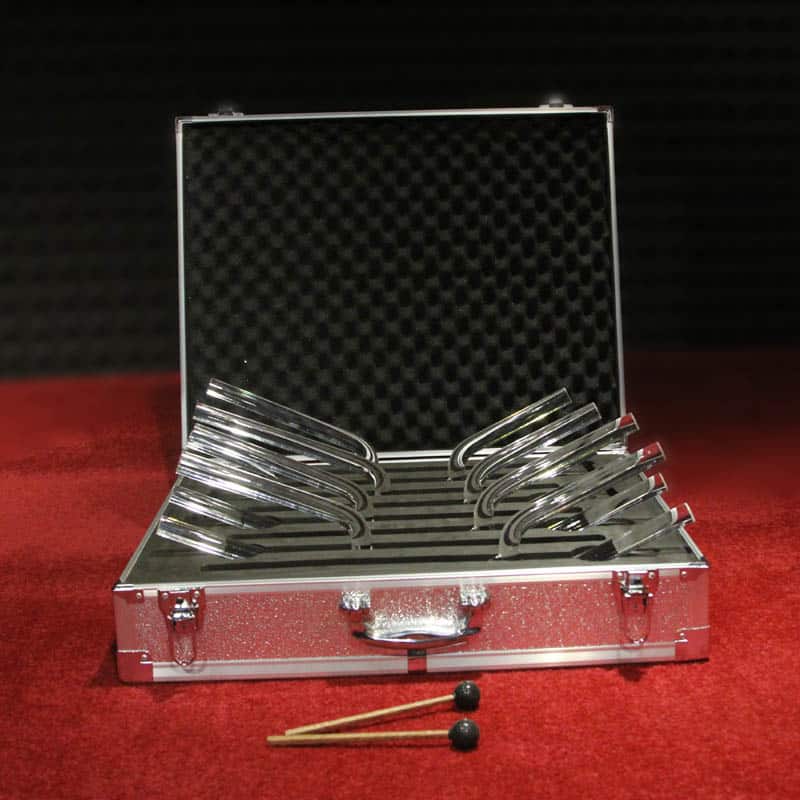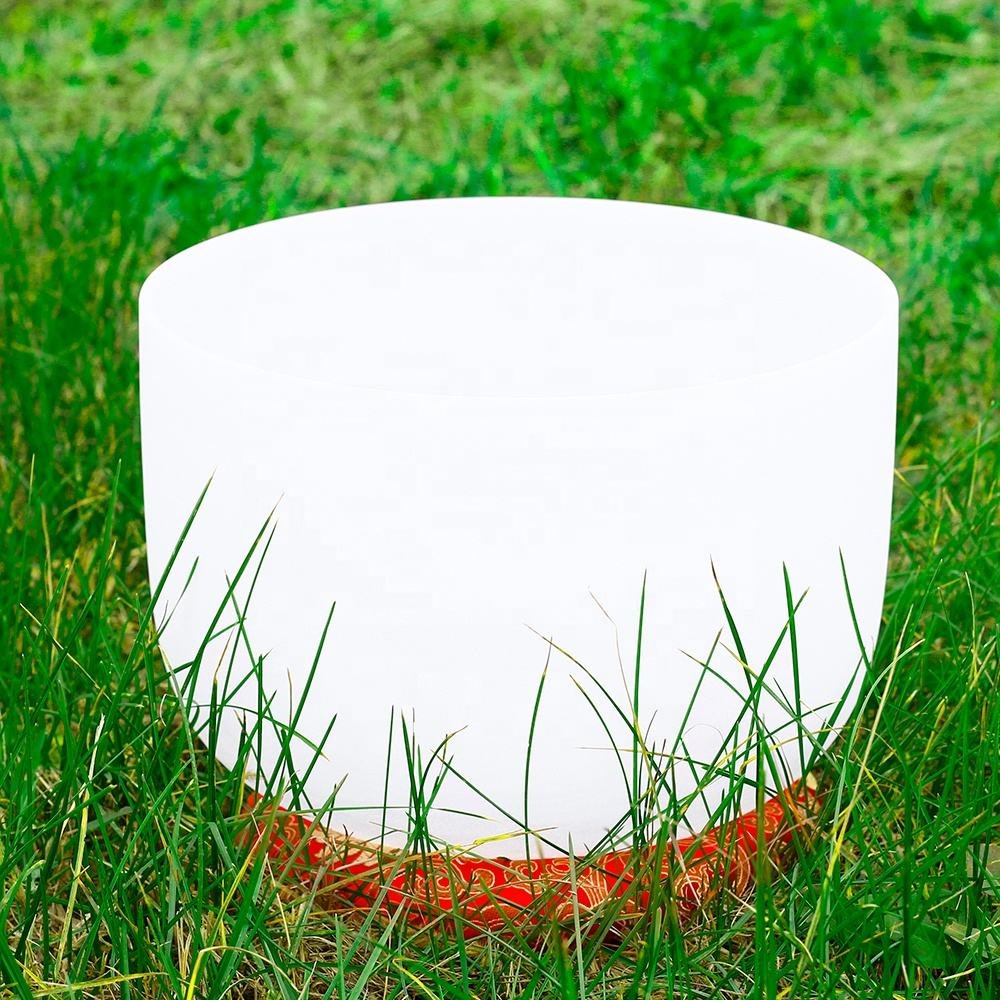Inhale. Exhale. Inhale. Exhale.
It’s amazing how something so simple can be so essential to our existence. Without breath, we would not be alive. And yet, we often take breath for granted, seldom giving it a second thought except when we’re winded or gasping for air.
Breath is the silent witness to our lives, the constant companion that is always with us, even in our most intimate moments and our most solitary thoughts. It is the giver of life and the calmer of anxious minds. It is the foundation of yoga and meditation practices, and the key to a healthy body and a clear mind.
So next time you find yourself caught up in your thoughts or rushing through your day, take a moment to pause and breathe. Listen to the sound of your breath and feel the rise and fall of your chest. And remember that with each breath you are taking in life itself.
The importance of breath
Breath is the most essential element of our existence. It is the very first thing we do when we enter the world, and the last thing we do before we leave it. In between, our breath sustains us.
Breath is also a powerful tool that can be used to improve our physical and mental well-being. Proper breathing techniques can help us to relax and reduces stress, improve our digestion and circulation, and increase our energy levels.
It is important to take time every day to focus on our breath and make sure that we are breathing in a way that is beneficial to us. We can do this through practices such as yoga, meditation, or simply taking a few moments to focus on our breath each day.
The science of breath
When we breathe, we take in oxygen and expel carbon dioxide. This simple act keeps us alive, but it also does much more. Proper breathing has been linked with improved mental and physical health, and can be a powerful tool for managing stress.
The science of breath is complex, but there are a few key things to keep in mind. First, the lungs are not the only organs involved in breathing. The diaphragm — a large muscle located between the chest and the abdomen — contracts and relaxes as we breathe, helping to pump air in and out of the lungs.
Second, breathing is controlled by the autonomic nervous system, which also regulates heart rate and blood pressure. This means that we don’t have to think about breathing; it happens automatically.
Finally, breath is linked with the mind-body connection. In other words, our emotions can affect our breathing, and vice versa. For example, when we’re anxious or stressed, our breathing may become shallower and faster. Conversely, taking deep, slow breaths can help to calm us down.
The benefits of breath
The benefits of breath meditation are well documented. Breath meditation has been shown to lower blood pressure, improve cardiovascular health, reduce anxiety and stress, and promote a sense of calm and well-being. In addition, breath meditation can help to improve concentration and focus, and to promote a more positive outlook on life.
The power of breath
There is a reason why breath is such a central part of so many meditation and mindfulness practices: it is powerfully calming and grounding. When we are angry, upset, or stressed, our breathing patterns change. We may start to take shallow, rapid breaths, or our breathing may become very constricted. By simply paying attention to our breath and letting go of any judgment or opinion about it, we can begin to calm down. We can let go of the need to control our breath, and simply watch it as it rises and falls.
The act of focusing on our breath can also help to center us and bring us back to the present moment. We may be worrying about the future or dwelling on the past, but when we focus on our breath, we are brought back to the present moment. From this place of calm presence, we can more easily make wise choices about how to respond to whatever is going on around us.
The art of breath
In the words of Patanjali, “Yoga is the cessation of the fluctuations of the mind.” In other words, it is the art of stilling the mind. And one of the most effective ways to still the mind is through the breath.
The breath is intimately linked with the mind, and so by learning to control our breath, we can in turn learn to control our thoughts. That’s why so many meditation and yoga practices begin with focusing on the breath.
There are many different ways to control and focus your breath. One popular method is pranayama, which uses different breathing techniques to achieve different results. For example, kapalabhati pranayama (or “breath of fire”) is said to cleanse and energize the body, while nadi shodhana pranayama (or “alternate nostril breathing”) is said to calm and balance the mind.
But regardless of which method you choose, simply paying attention to your breath — without trying to control it — can be a powerful form of meditation in itself. So next time you’re feeling stressed or anxious, take a few minutes to sit down and simply breathe. See how your mind responds.
The practice of breath
When we practice meditation, one of the most important things we can do is focus on our breath. The breath is a natural object of focus because it’s always with us, and it’s something we can control. By focusing on our breath, we can learn to calm and focus our minds.
There are many different ways to meditate on the breath. One common method is simply to count each inhale and exhale. Another is to focus on the sensation of the breath as it enters and leaves the nostrils. Some people like to focus on the rise and fall of the abdomen as they breathe.
Whichever method you choose, the important thing is to be gentle with yourself and keep your attention on the breath as best you can. If your mind wanders, simply return your attention to the breath. Over time, with practice, you will be able to focus for longer periods of time.
The beauty of breath
Breath is the most essential and powerful tool we have for self-care. It is the bridge between the body and mind, and it has the ability to heal, to connect, and to bring us into the present moment.
When we are stressed, our breath becomes shallow and our heart rate increases. This is the body’s fight-or-flight response, and it is designed to help us deal with danger. However, when this response is triggered too often, it can lead to chronic stress, which can have a negative impact on our physical and mental health.
The good news is that we can use our breath to calm the body’s stress response. When we take slow, deep breaths, we send a signal to the brain that everything is okay. This Relaxation Response can help to lower blood pressure, reduce anxiety, and promote healing.
So next time you’re feeling stressed, take a few minutes to focus on your breath. Notice how it feels as it moves in and out of your body. Allow yourself to be present with each inhale and each exhale. And find comfort in knowing that you always have this powerful tool with you, wherever you go.
The peace of breath
When we slow down and pay attention to our breath, we can find a deep well of peace within ourselves. The rhythm of our breath is ever-changing and constantly moving, yet always returning to its center. In the same way, our lives are constantly moving and changing, yet alwaysfinding their way back to the present moment.
The act of simply observing our breath can be a powerful tool for mindfulness and self-awareness. As we watch our breath move in and out, we can observe our thoughts and emotions without judgement. We can simply let them be, as they are always changing and in flux. In this way, we can begin to see that we are not our thoughts or emotions; we are the space in which they arise.
When we focus on our breath, we connect with the part of ourselves that is constant and ever-present. We connect with our true nature — the part of us that is pure awareness and peace. From this place of stillness, we can begin to heal the wounds of the past and move forward into the present with clarity and purpose.



